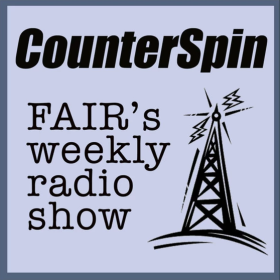In a different world, welfare policy actually is anti-poverty policy, and is part of a humane social and economic policy that connects health care and housing and income and well-being.
This week on CounterSpin: We recently marked 22 years since the passage of the Personal Responsibility and Work Opportunity Reconciliation Act, which Bill Clinton proudly declared would fulfill his campaign promise to “end welfare as we have come to know it.” Corporate media did little to undercut the idea that poor single mothers were bleeding the country dry, and making it harder for them and their children to access benefits was somehow healthy for them and the economy.
What you might not remember is that not everyone was on board this particular train; many people questioned the racist, anti-woman and anti-poor mythologizing at its core. And those folks had—and have—their eye on a different world, in which welfare policy actually is anti-poverty policy, and is part of a humane social and economic policy that connects health care and housing and income and well-being. If we want it, we have to talk about it, and that’s what our guest is doing.
Felicia Kornbluh teaches history and gender studies at the University of Vermont and she’s co-author, with Gwendolyn Mink, of the new book, Ensuring Poverty: Welfare Reform in Feminist Perspective.
Plus Janine Jackson takes a quick look at press coverage of Black Friday and Israeli incursions in Gaza.



